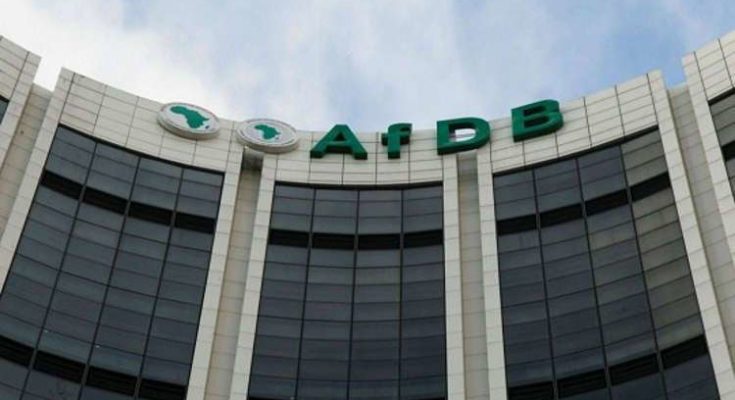BUSINESS
AfDB has disbursed $3.2bn to fight COVID-19 – Urama

The African development Bank (AfDB) on Thursday said it had disbursed a total of 3.2 billion U.S. dollars as its contribution to combat the effects of Coronavirus (COVID-19) in Africa.
Prof. Kevin Urama, Acting Chief Economist and Vice President, Economic Governance and Knowledge Management, AfDB, disclosed this at the opening of the 17th Africa Economic Conference in Cape Verde, monitored virtually by the News Agency of Nigeria (NAN).
The figure, he said was part of a total of 7.3 billion U.S. dollars disbursed in 2020 from the COVID-19 Crisis Response Facility to support member countries in their fight against the pandemic.
“In 2020, the African Development Bank Group disbursed $7.3 billion, a 40 per cent increase from the $5.2 billion disbursed in 2019.
“Volumes were boosted by a rapid increase in disbursements from the COVID-19 Crisis Response Facility ($3.02 billion, or 39 per cent of the total Bank Group disbursements) as the Bank Group supported Regional Member Countries in fighting the Covid-19 pandemic.
“Over 80 per cent of the approved operations were in the form of Crisis Response Budget Support operations, prepared in response to the COVID-19 pandemic,” he said.
He added that the bank was working very hard to curb looming hunger in the region, pointing out that over 40 million Africans were said to be at the risk of hunger.
Urama said the AfDB in collaboration with African Union Commission and the United Nations Economic Commission was working to provide financial and technical assistance to beef up land governance systems.
He explained that land governance was seen by many to be an influential enabler in the transformation of African food systems.
“Not only would this help address concerns about hunger on the continent, but it could also contribute to the generation of higher revenues by reducing a major cost of economic activity for marginalized populations.
“This is especially true for smallholder farmers, who make up more than 60% of the population of Sub-Saharan Africa with about 23 per cent of GDP coming from agriculture.
”Together with regional institutions, the African Development Bank Group is committed to building a resilient and forward-looking financial system for Africa.
“The pandemic provides the opportunity to creatively brainstorm on ways to both improve the region’s ability to access financial resources needed to build resilient African economies.
“This knowledge must be converted into policy actions and result in operational guidance in a timely manner,” he said.
He pointed out that the conference offered a unique opportunity to come up with practical financing solutions to recover the economic and social gains that Africa had been building for decades.
Giving insights into the effects of the pandemic, the AfDB VP said that since the start of the pandemic, over eight million confirmed COVID-19 cases had been recorded with more than 200,000 deaths recorded.
He worried that the rollout of vaccination programs in Africa had been slow with the emergence of new COVID-19 variants with multiple mutations thrusting many countries into another wave of the deadly virus.
According to him, there has been severe economic impact of the pandemic on Africa with GDP growth contracting as low as 1.8 per cent in 2020 – the first recession experienced by Africa in half a century.
He said that the pandemic had cumulated in further widening the gap to meet the socio-economic needs of Africa.
“The Bank Group estimates that African governments would need about $484 billion within the next 3 years to address the socio-economic impact of the pandemic and support economic recovery.
“Government revenues are estimated to have declined on average by 10 to 15 per cent in 2020 across sub-Saharan Africa, with average revenue-to-GDP decreasing by 2 percentage points to 18 per cent in 2020, from about 2 per cent in 2019.
“For this reason, it is vital that African countries increase their tax base by addressing structural bottlenecks such as weak organizational structures, low capacity of tax officials and a lack of modern, computerized, risk-management techniques,” he said.
He therefore harped on the need to move away from financing from conventional sources and move more towards alternative sources.
He acknowledged that mobilisation of available resources would require a serious attempt to address the deficiencies of the banking and financial systems, as well as in the public sector.
He expressed confidence that the deliberations in the conference would contribute to formulate the right policy agenda.




 Davido's Net Worth & Lifestyle
Davido's Net Worth & Lifestyle 
